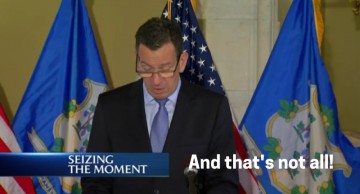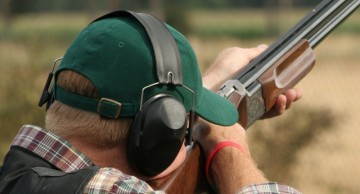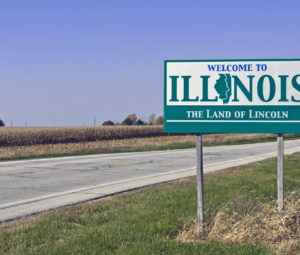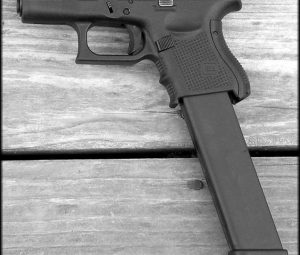India’s Gun Laws Get Stronger
U.S. isn't the only country that debates this issue.
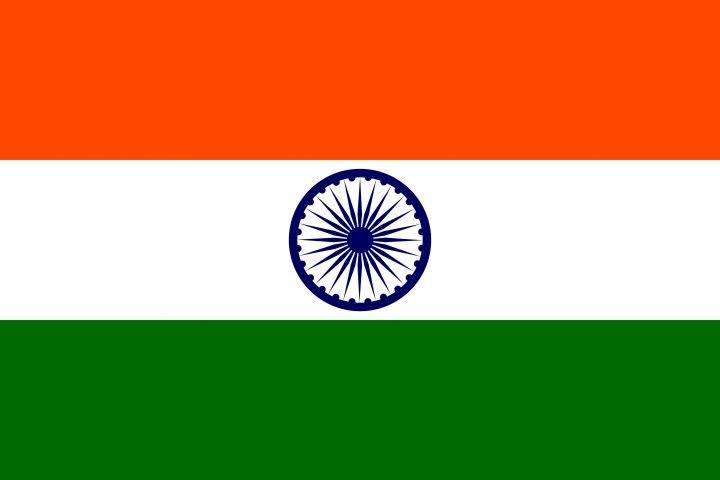
The United States isn’t the only country that questions its gun laws. An article in the Washington Post written by Rama Lakshmi reports that India, a country that already has a strict network of gun control laws, is tightening them again, making it even more difficult for common citizens to own a gun.
Historically speaking, India’s gun laws were enacted during the time of British colonial rule, when British soldiers did not want common people to have access to guns. They also wanted to make it easier to confiscate guns in the event of a civil unrest. Prior to the Indian War of Independence in 1857, there were few gun control laws in India. There, the right to private gun ownership is not guaranteed by law. Civilians are not allowed to possess automatic firearms, and private possession of semi-automatic assault weapons is only permitted with a license. The minimum age for gun ownership is 21 years. While India requires background checks as the United States does, that country also requires third-party character references. There are other restrictions in place, and according to Lakshmi, getting a gun license in India is a difficult task that can take years.
Now, Indians who want guns will have to show proof of training, and must carry their firearms only in holders and while at home, the guns must be broken apart so as to be inaccessible to firing. The government is reworking its gun-free zones. Licenses are issued only for the three categories of self-defense, sports and crop protection.Even air guns will require an arms license.
The new gun restrictions have been in process for five years, but Prime Minister Narendra Modi sped the process along after he was elected in 2014. The rules were put into effect in July and will be presented in Parliament.
The National Association for Gun Rights India reports being “very disappointed” n the new laws which seem to show that the government does not trust its citizens, said Rahoul Rai, the group’s president.
The “last few years, we have discussed with the government steps to remove the harassment law-abiding citizens face in getting firearm licenses,” Rai said. “One shouldn’t have to jump through 25 hoops to get a license. Unfortunately, they have created a situation where people will get desperate and will end up getting illegal guns.”
The new rules require that bureaucrats who issue or deny a gun license document the reasons for the decision, which Rai says is unlikely to be done because bureaucrats won’t want to put themselves on the line. The official said that “imminent” threat has been replaced with “anticipated” threat because the former was “difficult to prove” for applicants.
Most of the gun-related deaths in India are from unlicensed guns. Only 14 percent of 3,655 gun deaths in India in 2014 were by licensed guns.



